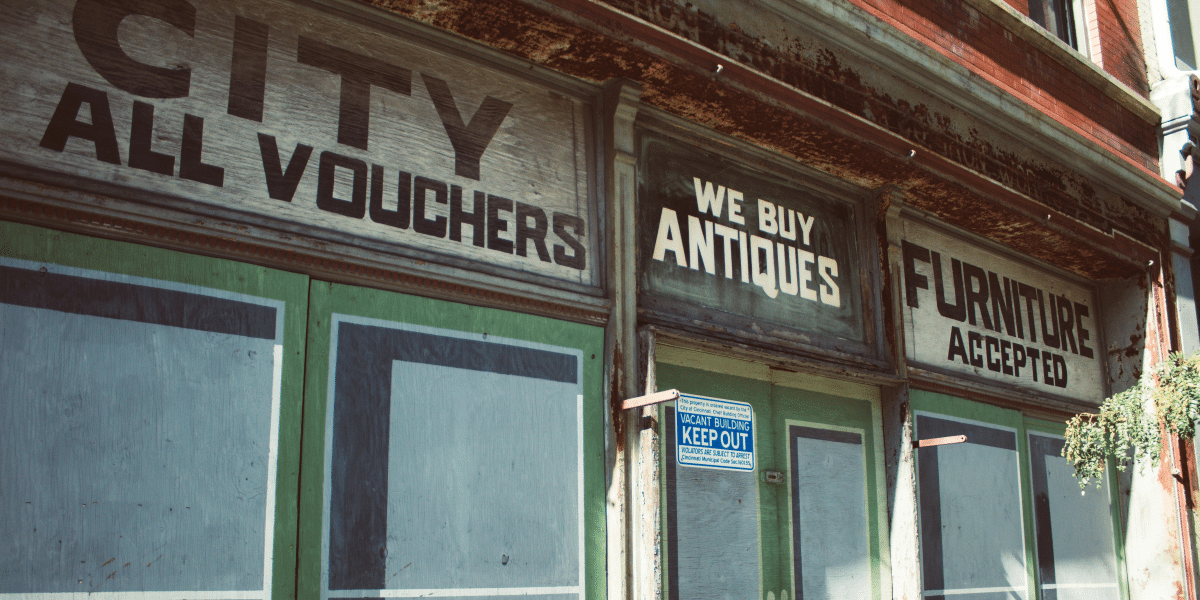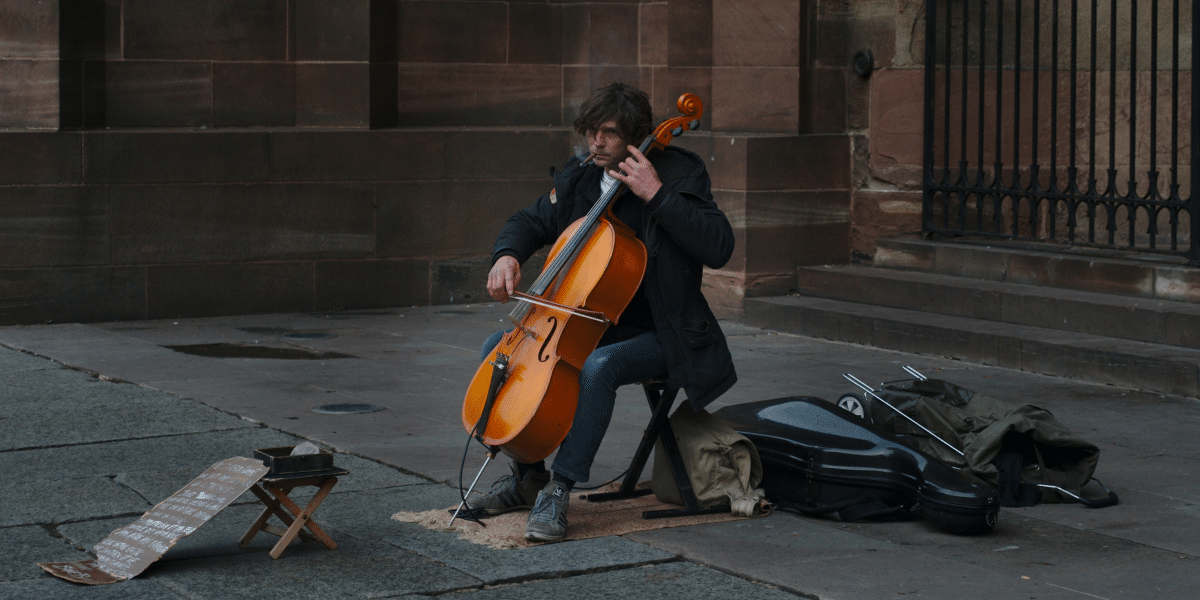The rise of the automobile shattered the constraints of distance and dependence on fixed transportation routes like those of railways. Suddenly, individuals had the agency to venture beyond their immediate surroundings, sparking a sense of limitless possibility. The notion of the road trip, a journey driven by wanderlust rather than mere necessity, became ingrained in popular culture. The open road, with its ever-changing vistas, came to symbolize freedom of movement and the potential for exploration or self-discovery.
The automobile’s influence isn’t merely about long-distance travel. It profoundly altered our living patterns. The ability to commute via car fueled the growth of suburbs, as people could live further distances from their workplaces. This dispersal, driven by the desire for more living space and the perceived idyllic image of suburban life, was made feasible by the car. However, the ubiquity of the automobile also led to increased traffic congestion and urban sprawl, demonstrating that along with freedom come trade-offs and the need for careful planning.
Economic Impacts: New Industries and Job Creation
The automobile ignited entirely new industries and countless related support services. Its mass production required a vast and complex manufacturing infrastructure, creating countless jobs on assembly lines and throughout the supply chain. The need for roads, gas stations, repair shops, motels, and roadside attractions further fueled economic growth stimulated by the rise of the automobile.
The automobile transcended its utilitarian role to become a potent object of self-expression. The choice of vehicle model, color, modifications, and accessories became ways people reflected their personalities and aspirations. Car culture thrives as enthusiasts connect over shared passions for restoration projects, racing, customization, or simply the shared joy of a leisurely drive. “The automobile provides a uniquely personal mode of transportation that offers an unparalleled sense of control and autonomy,” observes a sociologist studying car culture.
By making travel to distant destinations and scenic areas more convenient, the automobile reshaped our relationship with leisure time. Weekend getaways, camping trips, and vacations centered around road travel became easily accessible for vast segments of the population. The ability to pack up one’s car at a moment’s notice fosters both planned trips and a sense of spontaneous adventure.
The automobile’s undeniable benefits are tempered by significant challenges. Traffic congestion, particularly in urban areas, compromises the freedom of movement initially promised. The reliance on fossil fuels and the greenhouse gas emissions associated with automobile use have become a major environmental concern. Efforts are underway to mitigate the automobile’s impact through the development of electric and more fuel-efficient vehicles, alongside strategies to encourage mass transit and alternative modes of transportation.
The concept of freedom and flexibility associated with the automobile is likely to endure. However, how we achieve this may require significant shifts. Technological advancements in autonomous (self-driving) cars have the potential to alter the driving experience, though potential challenges remain regarding safety and public acceptance. The growing adoption of electric vehicles and increasing investment in charging infrastructure signal a movement towards a less-polluting automotive future.












